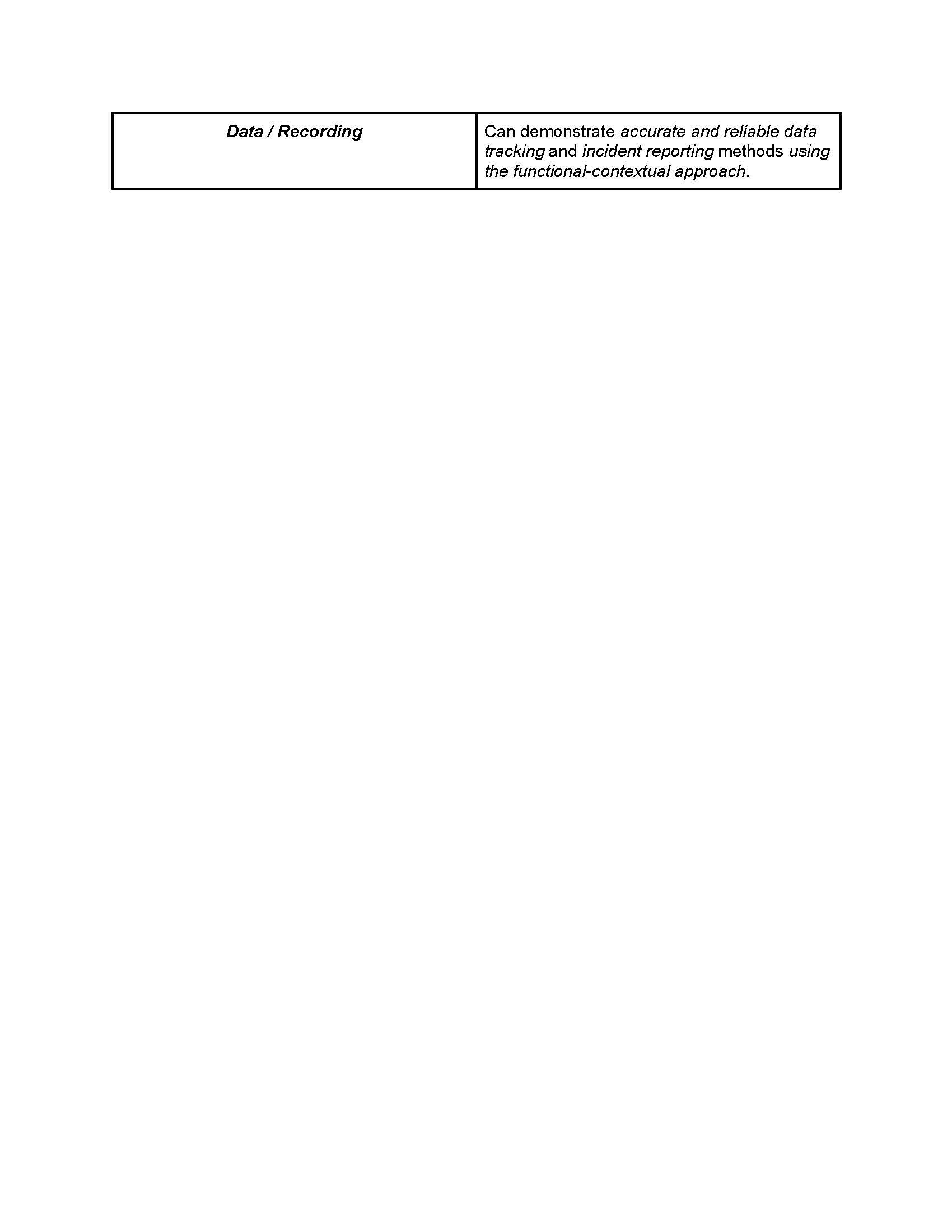Critical Skills For Teaching our At-Risk Youth
There is an adage that is common within the field of education that goes something like this: If the student is not learning, change the teaching modality. In the applied behavior analysis world: if skills are not acquired, reassess and revise the intervention.
This sentiment has also come up when I’ve helped coach team sports over the years: If a player does not learn a skill correctly, or if the rules of the game are not sufficiently understood, reexamine and adjust the coaching methodology so that the player learns to play their position, and the game, successfully.
The kids we enroll at Atlantic Academy reflect the simple relevance of the above adage. They are in our services because critical skills have not been learned and problem behaviors have not been successfully remediated. So what are we to do?
A good starting point is to avoid the trappings of insanity by refusing to repeat what has failed in the past. In another post, entitled “Towards a better way with our at-risk kids,” I list some practices that are commonly used with youth at-risk that predictably produce poor results and bad side-effects (i.e., increased aggression, avoidance of learning), such as:
Believing that problem behaviors are solely a result of a diagnosis, home life, genetics, or the lunar cycle.
The over-reliance of punitive and coercive tactics (as an attempt) to control behavior.
The idea that kids should just do what they are told.
The sentiment that if kids are not learning, their behavioral, mental, or emotional deficit is to blame.
If we want to avoid repeating the failures of the past and attempt to be successful teaching our kids to act better, communicate better, and be better at regulating their emotions, we must do something different.
As a starting point to doing something different, it is necessary to identify the skills adults need to be successful with our most vulnerable youth. I call these skills “Critical” in that if we want to have a chance at helping our emotionally-challenged kids have a future with greater opportunities and choices, these skills are critical and necessary for positive behavior change.
At Atlantic Academy, our staff are using these skills with kids who have profound emotional and behavioral deficits and challenges. Informing these skills are such disciplines as Applied Behavior Analysis (i.e., an evidenced-based technology for the “how” of teaching, among other things); Acceptance and Commitment Therapy; trauma and its impact on healthy development; and Positive Psychology (i.e., the importance of well-being behavioral cusps).
The below table depicts these Critical Skills we aim to teach our staff to competency.
This list is not meant to be inscribed in stone and eternally cherished. It is simply my first go at creating a map of behavioral competencies that are written in user-friendly language, and that has been shown to be effective practices that help move our students forward. One thing is for sure, this list will evolve with practice, and be modified along the way!
By Jed Schwalm, M.Ed., BCBA



